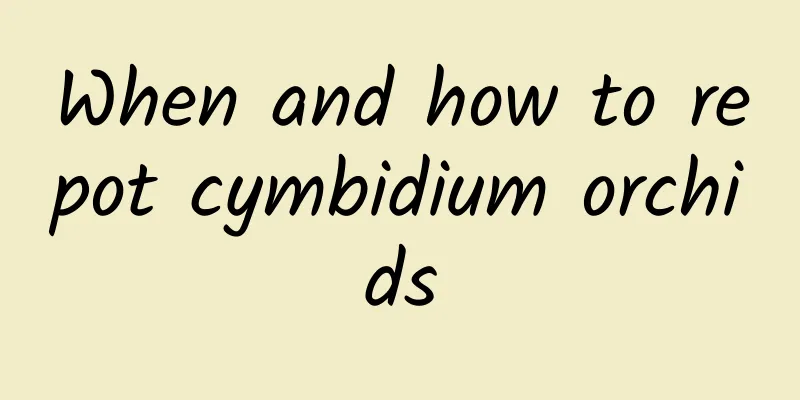The main value of tamarind

Economic ValueThis tree is very easy to plant, and it is also relatively easy to grow and manage. It can be planted in any warm place. It starts to bear fruit four years after planting, and is a real fruit that brings wealth. Its whole body is a treasure. Its fruit can be used to make drinks such as sour bean juice. Its roots, leaves, flowers and kernels can also be processed into medicines. The pulp also has great value in medicinal and medical uses. Edible valueBecause tamarind contains potassium, calcium, magnesium, iron and other minerals, especially calcium, which can fully supplement calcium for our human body. Tamarind is an alkaline food, which can clean our blood vessels very well and is beneficial to our health. In addition, making it into a beverage for consumption in the hot summer can effectively clear away heat and relieve summer heat, quickly quench thirst, and also help our digestion. Ecological ValueThe main root of tamarind is particularly deep, and the lateral roots can extend infinitely. The whole plant is very tall, and the branches are particularly thick and not easy to break. It can grow tenaciously in very high temperatures and strong sunlight. Planting it in home yards, along roadsides in rural and urban areas, etc. can play a good role in greening and beautify our environment. In addition, because of its sturdy and tall structure, it can effectively resist wind and rain, conserve water resources, and green uninhabited areas. Ornamental valueThe branches of the tamarind tree are particularly large and are planted in groups with lush branches and leaves. They can be used as scenic spots for people to appreciate. They are particularly spectacular and can also purify our air, allowing us who come to watch to feel free to breathe and feel happy physically and mentally. It also beautifies the environment we live in. It is a very good ecological forest. |
<<: The main value of red pear
Recommend
Precautions for transplanting green radish: transplanting methods and watering techniques
The growth requirements of the green ivy are not ...
There are hidden rules for buying flowers at the flower market, and the boss will never tell anyone about it. I'm shocked!
Be careful with foam pelvic floor pads Flower lov...
It's almost Chinese New Year, but your flowers are still turning yellow and dropping leaves. What should you do?
Azalea (Author: Lavender Source: Sina Blog) Azale...
How often should I water the osmanthus? Is it better to water it every few days?
How often should I water the osmanthus? When wate...
How to deal with lilies after they bloom
1. Pruning branches Many people throw away the bu...
How to grow azalea
1. Lighting It needs to be placed in an environme...
How to trim emeralds to look good
When is the best time to trim emeralds? The best ...
Carp breeding technology and fish pond management
Carp has tender meat, delicious taste and rich nu...
Cultivation methods and precautions of Ruyi flower
The Ruyi flower is very easy to grow. It has fles...
Can copper coin grass be placed in the fish tank?
Can pennywort be placed in a fish tank? In fact, ...
The story of cyclamen
The Flower Language of Cyclamen The flower langua...
What fertilizer is good for gardenia?
1. Is the fertilizer requirement high? Generally ...
How to keep carrot seeds? Where do the seeds come from?
How to save carrot seeds Carrot is also called re...
How to repot roses
1. Remove from the basin For roses that need to b...
How long is the flowering period of okra? Okra does not bloom but only grows branches.
1. Flowering period Okra blooms from May to Septe...









